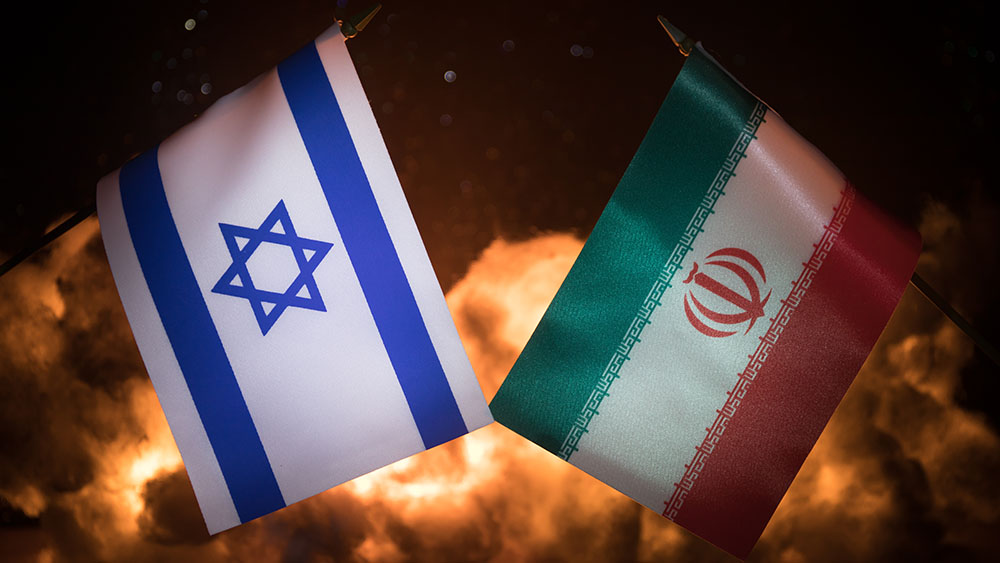Iran admits nuclear facilities “badly damaged” by U.S. strikes
- Iranian officials admitted that key nuclear sites at Natanz, Fordow and Isfahan were “badly damaged” by recent U.S. airstrikes carried out on June 22 under Operation Midnight Hammer.
- Iranian Foreign Ministry spokesperson Esmail Baghaei confirmed the strikes caused serious harm but declined to share specifics, citing the matter as a technical issue being handled by the Atomic Energy Organization of Iran.
- President Donald Trump claimed the joint U.S.-Israeli strikes “obliterated” Iran’s nuclear program and brought the Iran-Israel conflict to an end, despite conflicting intelligence suggesting only a temporary setback.
- Trump announced upcoming talks between U.S. and Iranian representatives, expressing confidence that Iran would now favor diplomacy over nuclear development.
- Trump cautioned Israel against violating the ceasefire and emphasized that the U.S. action had “reasserted American deterrence,” reiterating his long-standing position that Iran must not acquire nuclear weapons.
Iran has confirmed that several of its nuclear facilities suffered severe damage following U.S. military strikes, marking a significant escalation in the ongoing conflict between Washington and Tehran.
On June 22, the U.S. launched Operation Midnight Hammer, deploying B-2 stealth bombers to drop 30,000-pound bunker-buster bombs on three of Iran’s key nuclear sites – Natanz, Fordow and Isfahan. The strikes were intended to cripple the nuclear program of Iran following the collapse of diplomatic negotiations between the two countries. (Related: DHS warns of heightened cyber threats from Iran after U.S. strikes on nuclear facilities.)
In line with this, Iranian Foreign Ministry spokesperson Esmail Baghaei acknowledged the extent of the destruction for the first time on Wednesday, June 25.
“Yes, our nuclear installations have been badly damaged. That’s for sure because [they have] come under repeated attacks,” he said.
Despite the admission, Baghaei declined to provide specific details about the condition of the nuclear sites, the extent of the damage or the current status of Iran’s nuclear program. “I have nothing to add on this issue because it’s a matter of technical issue,” he said, noting that the Atomic Energy Organization of Iran (AEOI) and related agencies were handling the matter.
Baghaei also used the opportunity to condemn recent Israeli actions in the region. He accused Israel of committing war crimes against Iranian civilians. “Our people were massacred by Israel’s aggression. That’s war crimes, crimes against humanity and they [Israel] have to be held accountable.”
Trump declares victory in Iran-Israel conflict
That same day, President Donald Trump declared a sweeping victory in the Iran-Israel conflict, crediting his decision to join Israeli military strikes for bringing the war to a close.
“We destroyed the nuclear. We’ll meet with them. Maybe we’ll sign something, maybe we won’t. But I think the war is over,” he told the reporters in The Hague earlier that day.
Trump framed the recent joint U.S.-Israeli offensive against Iran as a decisive blow to Tehran’s nuclear ambitions and dismissed a U.S. Defense Intelligence Agency (DIA) report that the attacks may have only delayed Iran’s nuclear program by a matter of months as “inconclusive.”
“The intelligence was very inconclusive. The intelligence says we don’t know. It could’ve been very severe. That’s what the intelligence suggests,” Trump said. “It was very severe. It was obliteration. Iran’s nuclear program has been put back decades.”
Trump further asserted that Tehran is unlikely to attempt rebuilding its nuclear facilities, suggesting instead that Iran would pursue a diplomatic route.
“I’ll tell you, the last thing they want to do is enrich anything right now. They want to recover,” he said. When asked whether the U.S. would launch another strike if Iran resumed its nuclear enrichment efforts, Trump responded plainly, “Sure.”
Meanwhile, in a separate post on his Truth Social platform, Trump warned Israel not to break the ceasefire with further military action against Iran, emphasizing that the U.S. mission had “reasserted the credibility of American deterrence.” He then declared that, “Iran cannot have a nuclear weapon. I’ve said that for 15 years.”
Visit Nuclear.news for similar stories.
Watch Trump and Netanyahu’s news conference as they talk about “bringing peace to the Middle East.”
This video is from the NewsClips channel on Brighteon.com.
More related stories:
Israel planning military strike on Iran’s nuclear facilities.
Trump’s Iran strikes backfire: Russia warns that Iran will likely be resupplied with nuclear warheads.
Israel and Iran trade deadly strikes as nuclear talks collapse.
Iran accuses US of violating nuclear treaty with airstrikes.
Israel weighs strikes on Iranian nuclear facilities, with or without U.S. backing.
Sources include:
YourNews.com
WioNews.com
Brighteon.com
Read full article here


